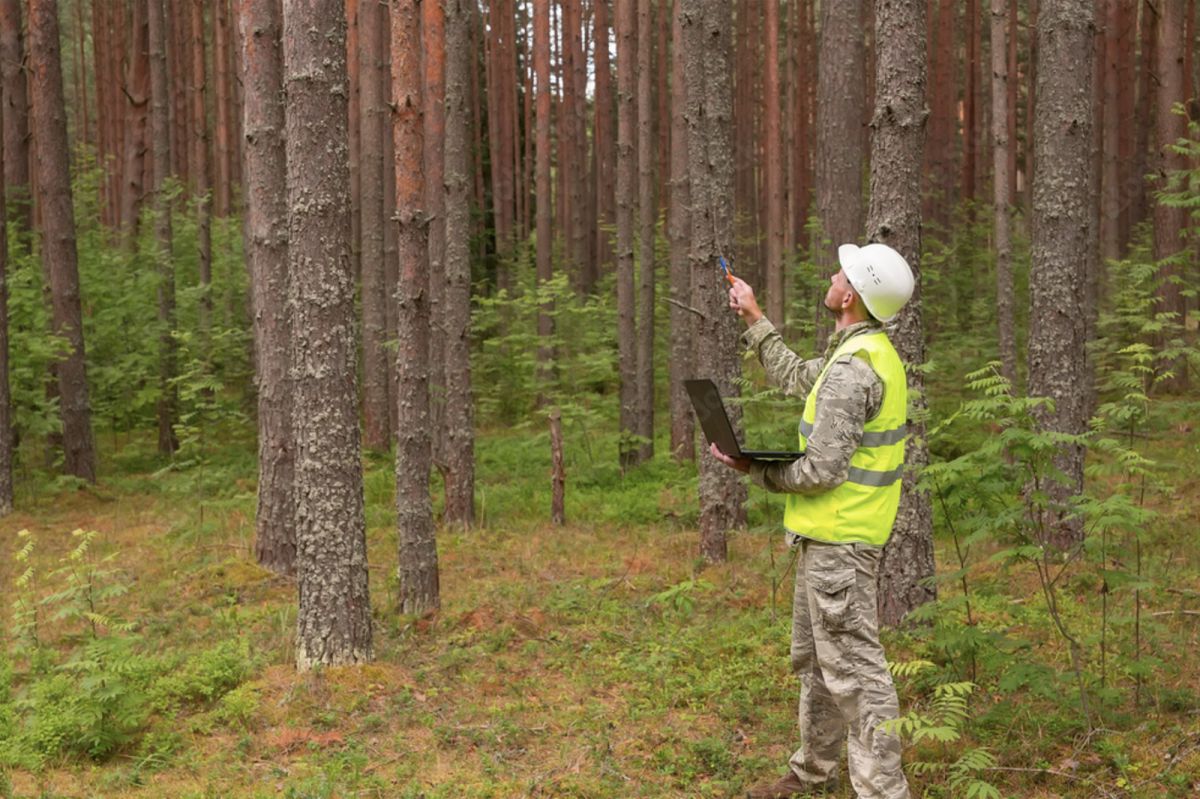Latest research highlights importance of forestry to climate crisis

In April this year, Coillte, the semi-state forestry company, announced a new forestry strategic vision which aims to deliver multiple benefits from its forests and bring more focus to climate action, setting ambitious new targets on biodiversity and recreation, while continuing to deliver for the forest and wood products industry. The new approach aims to sustainably balance and deliver the multiple benefits from Ireland’s state forests across four strategic pillars: climate, wood, nature, and people. RED C has independently analysed feedback from both Coillte’s public attitude survey and Coillte’s public consultation process, completed during summer 2022, which was part of Coillte’s commitment to consult widely with key stakeholders on its new strategic vision.
In response to the RED C survey, conducted among a nationally representative sample of adults in June 2022, combined with the response to Coillte’s public consultation process, there is an almost universal view that Irish forests are important in helping to address the climate crisis. There is a strong degree of support for planting more trees and increasing forest cover with 4 in 5 Irish adults in the RED C survey agreeing with this, while support is even higher in the public consultation.
In terms of climate mitigation, there is overwhelming support for planting trees such as broadleaves that provide a long-term store of carbon. There is also strong support for conifers among the general public, with 75% of respondents agreeing that planting conifers that grow quickly and capture carbon at a high rate, is important for climate mitigation. Opinions on conifers are more polarized among respondents to the public consultation. While 45% of those who responded to the public consultation believe Coillte’s ambition to create 100,000 hectares of new forests by 2050 doesn’t go far enough, 44% of the general public believe this ambition is just about right. The majority agree with Coillte’s ambition to redesign (rewetting or rewilding) peatland forests where they present a significant carbon emission risk.
An overwhelming majority believe that Irish forests are important for nature and biodiversity. Similarly, there is almost unanimous agreement that Coillte has a role to play in addressing the biodiversity crisis. However, there is relatively low awareness that approximately 20% of Coillte’s estate is already managed primarily for biodiversity, especially in the public attitude survey. There was a divergence of views on Coillte’s ambition to ensure that half of the 100,000 hectares of new forests will be native woodlands, with the majority of respondents to the public consultation agreeing that this was too little, while 51% of adults from the general public agreed this ambition was just about right.
A majority of Irish people believe that Irish forests are important in supporting the construction of sustainable homes. There were high levels of support evident that more timber frame houses should be built in Ireland rather than using concrete or steel with 64% of respondents from the public attitude survey, and an even higher level of 84% of respondents from the public consultation, in agreement. There was also a high level of endorsement with almost unanimous agreement (at least 4 in every 5) for Ireland to be self-sufficient for its timber requirements, that wood should come from independently certified forests and that Coillte should innovate and promote wood products to support the bioeconomy and de-carbonise our built environment.
Imelda Hurley, Chief Executive, Coillte, said: “We are very encouraged by the feedback from the Irish public, from both the RED C public attitude survey we commissioned and the public consultation process, which is overall very positive regarding our new forestry strategic vision and endorses our view that we are moving in the right direction. We developed our new vision based on our belief in Coillte’s ability to contribute positively to the climate crisis. We have always managed our forest estate as sustainably and effectively as possible, and now we are keen to further enhance our contribution, with clear ambitions for afforestation, biodiversity, and developing more great spaces for people to enjoy. Equally, it is very important that we maintain our focus on delivering sustainable wood products and that Coillte remains financially strong, in order to effectively deliver our new vision.”
Feedback from Coillte’s public attitude survey, public consultation and ongoing stakeholder engagement will be considered as part of the development of Coillte’s strategic vision.





